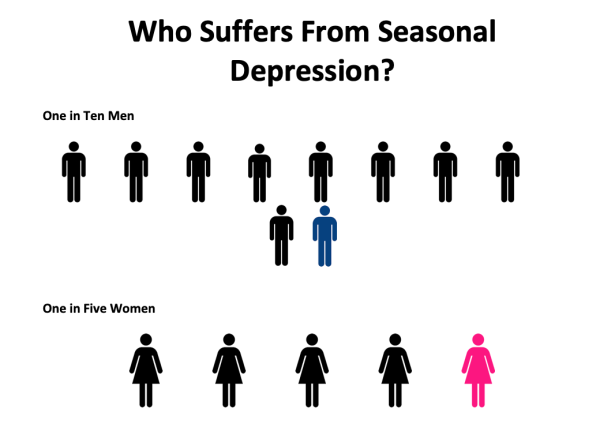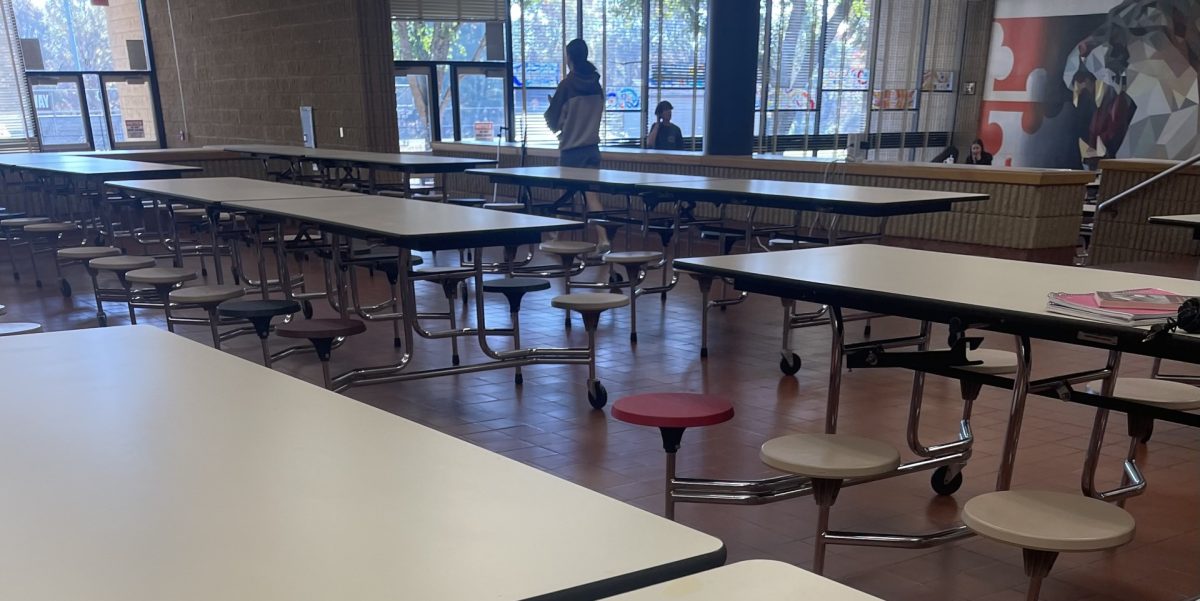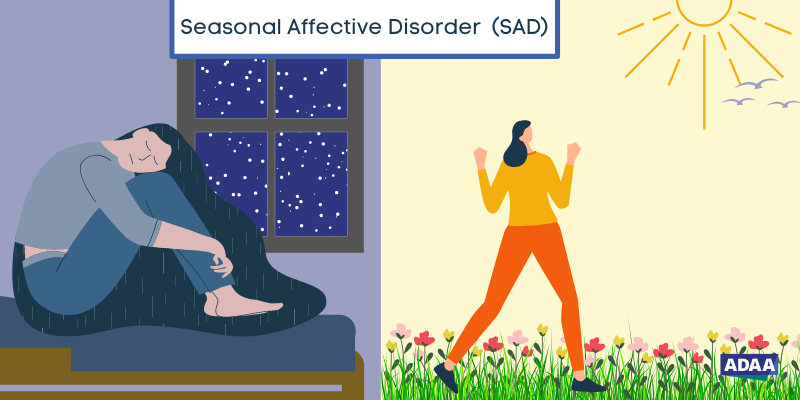That time of year has come when it’s light out for a shorter time, it’s so cold that going outside is a chore, and you would rather not get out of your warm bed. Seasonal Affective Disorder (SAD), Seasonal Depression, or the “winter blues” is a self-diagnosable mental health disorder that affects more than 3 million Americans yearly. “Shorter days and less daylight may trigger a chemical change in the brain leading to symptoms of depression,” said Johns Hopkins Medicine.
From messing up melatonin production and causing oversleeping to having overall loss of energy, SAD has many effects that can be detrimental to a person’s overall health and quality of life. However, by following some of these medical and personal recommendations, you can get ahead of the side effects this winter season will bring.

1. Create a schedule and routine to stick to.
Everyone has a biological clock that their bodies work on. These clocks dictate so many bodily functions like your circadian rhythm, melatonin production, digestion, and more. With the decrease in sunlight that winter brings, your biological clock gets all messed up. For example, in the winter you produce too much melatonin which leads to oversleeping and never feeling satisfied, and digestion can get thrown off track. Creating a schedule that normalizes your sleeping schedule and exercise can make sure that your body is still functioning on a routine.
2. Spend time outside.
In addition to sunlight controlling your biological clock, it also contributes to the production and regulation of serotonin levels. Because there are shorter daylight hours, serotonin levels can drop, and your mood is left unregulated. Going for a walk outside can regulate your mood and increase those serotonin levels. Additionally, the movement that comes from going for a walk increases endorphins, another hormone that improves your mood.

3. Use light therapy.
Light therapy is perhaps the most commonly used and most effective treatment for SAD. These light boxes emit approximately 10,000 lux, which is equivalent to a cloudy day. By turning it on as close to when you wake up as possible, you can jumpstart your day and when used regularly it has been found to help 40-60% of people. “The effectiveness of light therapy is approximately the same as antidepressant medications, or popular forms of psychotherapy such as cognitive behavioral therapy,” said Dr. Richard S. Schwartz, an associate professor of psychiatry at Harvard Medical School. These light boxes can be purchased online, but many times public libraries have them available for rental.
4. Balance alone time with social time.
If you’re anything like me, you like your alone time. The mornings when I am getting ready alone, car rides alone, and walks are incredibly important to me. However, sometimes it can become too easy in the wintertime to isolate yourself because you just don’t have the energy to do something with friends or family, and while it is important to have that alone time, there is a point where it gets to be damaging.
If you have a friend that you just feel calm around, ask them to go out to dinner. If there is someone who you just can talk to, go for a walk with them. If there is someone who you know loves the movies like you, go to the movie theatre with them. There is a time for alone time and there is a time for hanging out with people you love, and both have their own benefits, so ensuring you are balancing each is incredibly important.
5. Change your mindset.
For many people, the summertime means waking up early, packing your day, and staying out late. Whether you’re spending all day at the beach or going on a day trip with friends, summer is the time for getting out of the house and having fun. However, that is the summertime when the sun is high and the days are long. In the winter, many people find themselves having lower motivation, meaning fewer things get done day-to-day.
Changing your mindset about how you function during the different seasons can help with your overall happiness altogether. For example, in the summertime, many people find it easier to get right out of bed and jump into your day. However, during the winter, the decrease in sunlight might mean your surges of energy don’t come until later in the day. Being able to accept and even embrace that your body works on a different clock during the different seasons is crucial to surviving the colder months. The most important thing is to know who your support system is, and that it is okay to not be at your 100% 100% of the year. It is okay to need a break sometimes.
*If you find yourself struggling with the symptoms of seasonal depression (fatigue, low motivation, irritability, a loss of interest in everyday activities, stress and anxiousness, or feelings of guilt and hopelessness), it is important to talk to your primary care provider. None of these tips are substitutes for medication or psychotherapy, so talking to your primary care provider for the best method of overcoming these symptoms is crucial. *





































